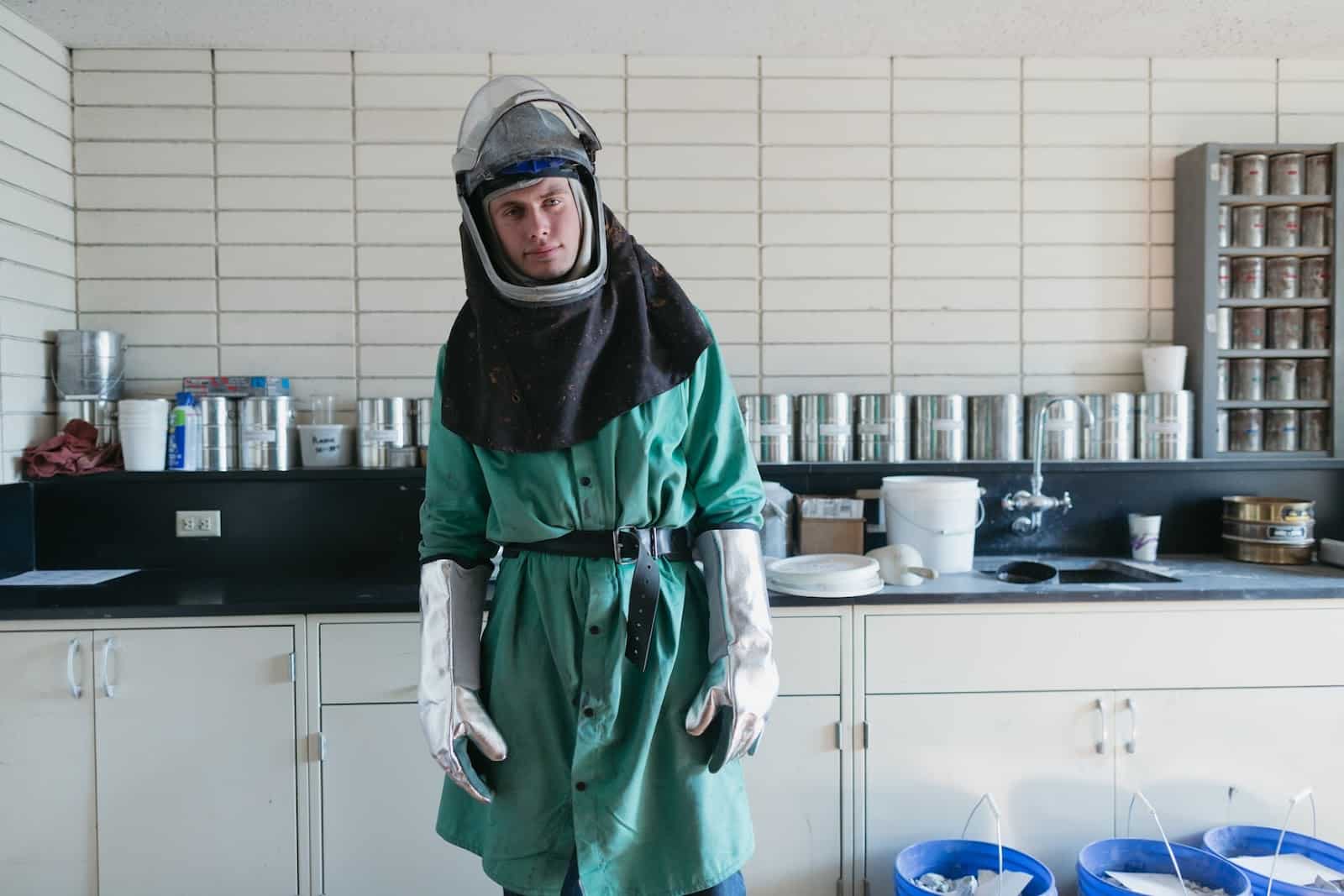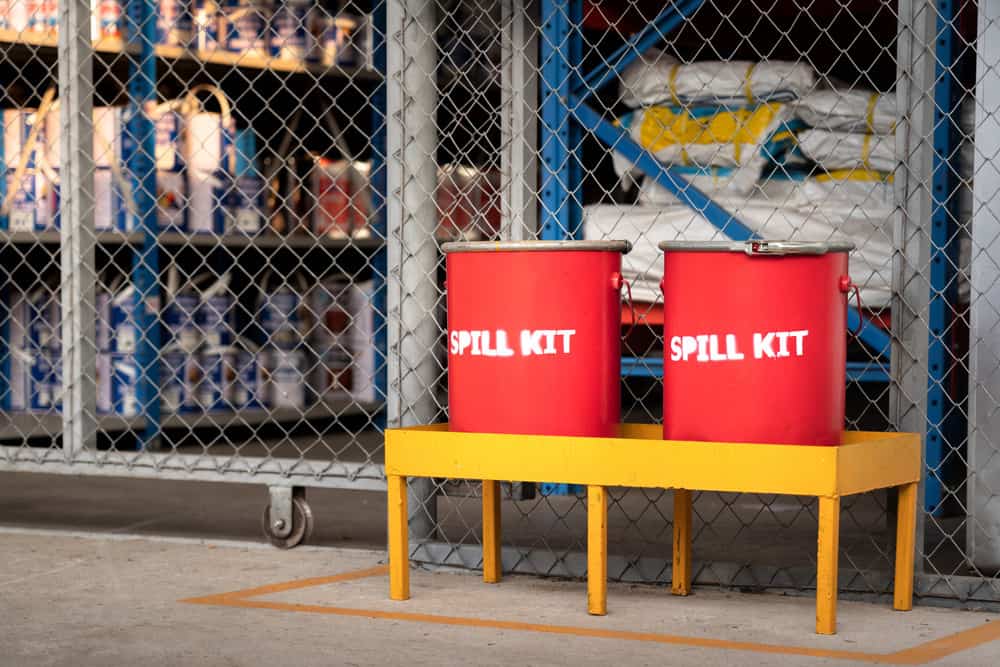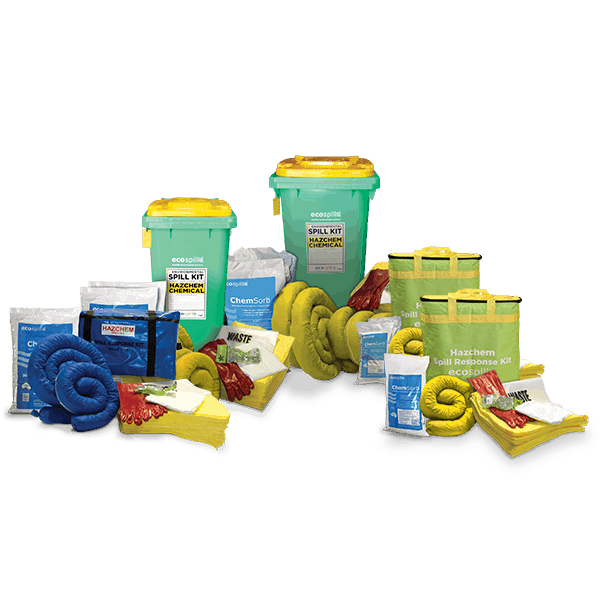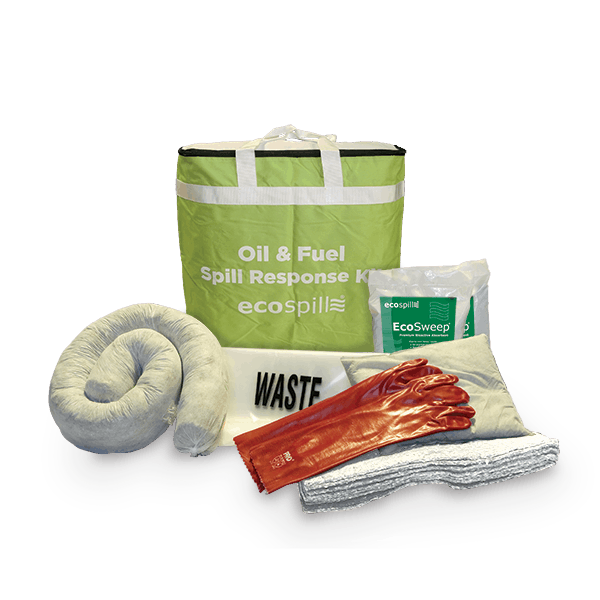In the dynamic environment of industries and workplaces, spills are an inevitable challenge that demands swift and effective cleanup. To streamline and enhance your spill response strategy, having the right tools at your disposal is paramount. In this comprehensive guide, we will explore the top spill kit accessories that can simplify your spill-cleanup efforts.








